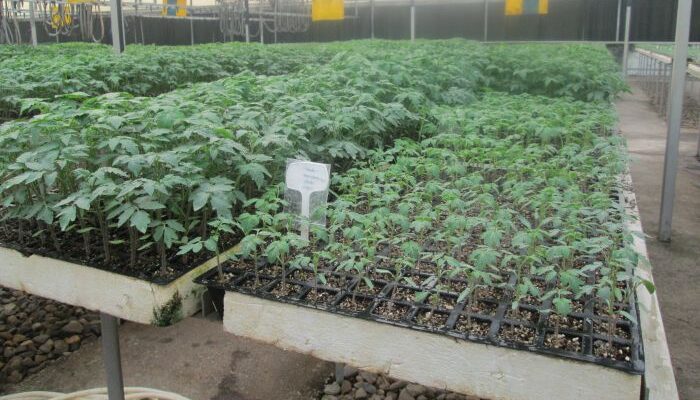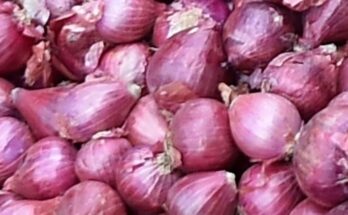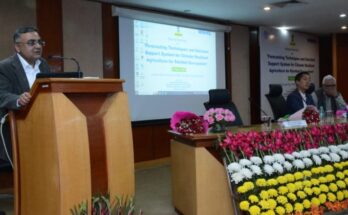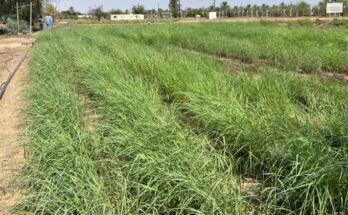Hydroponic farming is a viable alternative to traditional farming methods for soil-less cultivation for enhancing productivity and water use efficiency. Hydroponics is a new concept in India and gaining popularity among entrepreneurs and innovative farmers, who are looking for sustainable and efficient ways to grow crops. At present, this technology is mostly confined to urban farming, rooftop gardening and commercial farming, Union Minister of Agriculture and Farmers’ Welfare, Narendra Singh Tomar said in a written reply in the Lok Sabha on Friday.
You may also like to read: NMIMS SAST’s students publish patent for chemical-free storage of fruits and vegetables
ICAR-Indian Institute of Horticulture Research (IIHR), Bengaluru has developed a variant of hydroponics, “Cocoponics” or the soilless production of vegetables, using cocopeat as a substrate, which has been found to be comparatively more successful in many vegetable crops. The institute has developed the complete production technology including a liquid nutrient formulation (Arka Sasya Poshak Ras) for soilless cultivation of zucchini, colour cabbage, chilli, brinjal, palak, amaranthus, coriander, cucumber, French bean, peas, cowpea, dolichos, ridge gourd, bottle gourd, okra, radish, tomato and exotic leafy vegetables viz., lettuce, parsley, broccoli, bok choy etc on arka fermented cocopeat (substrate) under open as well as in protected conditions. More than 3,000 urban dwellers, cocopeat producers and hydroponic startups were trained for hydroponic farming at ICAR-IIHR during the last three years through various capacity-building programmes, the agriculture minister informed the lower house of the Indian parliament.





